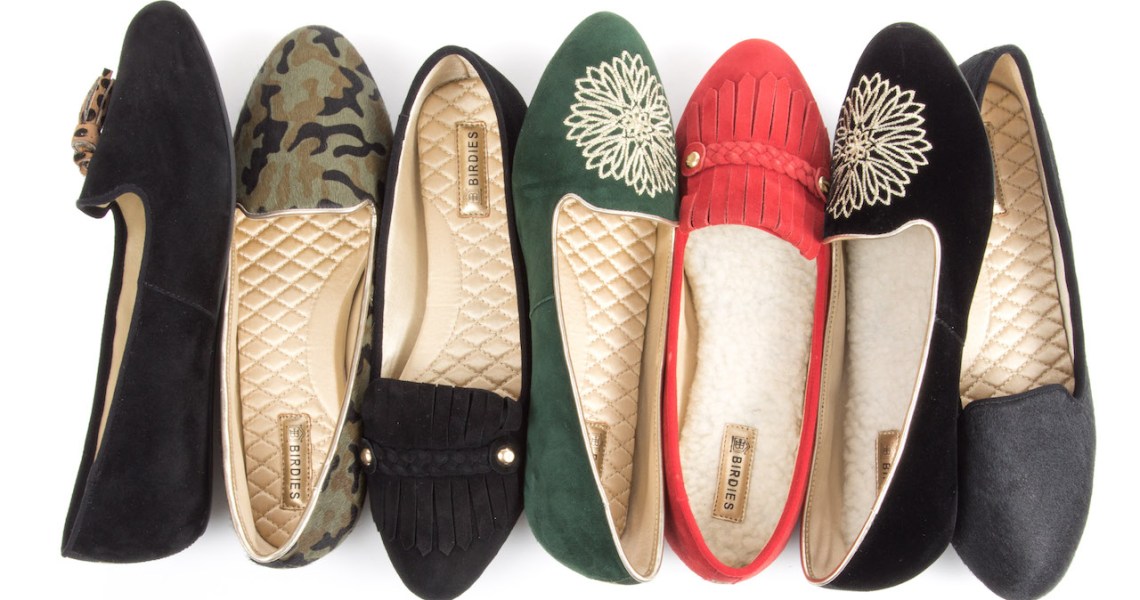For direct-to-consumer brands, expanding beyond their own platforms to distribute through third-party channels can be a challenging process. With peer-to-peer mobile e-commerce company Storr, DTC brands are finding a way to launch a wholesale strategy, with limited risk.
For Birdies, a 4-year-old direct-t0-consumer slipper brand, finding a partner to make the transition into wholesale has also worked to supplement the brand’s customer acquisition strategy and build brand advocates out of existing customers. In May, the brand started working with Storr, a network where anyone can curate a digital storefront from over 200 partner brands, and make commission off of those sales.
“We’re a tech-enabled, direct-to-consumer brand built on word-of-mouth virality, and Storr helps us reward our most loyal customers and fans,” said Bianca Gates, co-founder and CEO of Birdies.
Other DTC brands including Margaux and Lively have also signed on to sell through Storr. Of the 200-plus brands working with the company, 100 are direct-to-consumer, said Eric Senn, Storr founder and CEO. Consumer and influencers selling on Storr can make 15-30% commission on a sale, while Storr takes 5-10%. The rest goes to the brand. The amount of commission given to sellers is determined by each brand.
For many companies, working with Storr and turning customers into sales associates is an easy first step into the world of wholesale.
“The idea is to give brands control, let them own the customer and let them set the price. We don’t want to be in a situation where we are undercutting brands on price because there are already a lot of retailers that do that,” said Senn. Storr gives brands access to the customers who buy their products through the platform, leaving it up to the brand to handle shipments and returns.
The platform soft-launched in January, opening 600 seller stores with influencers, like Lucie Fink and Rocky Barnes, and everyday people with a strong social media presence and engagement. In May, Storr added 30,000 new sellers from its growing waitlist, allowing them to sell product from over 175 brands in just three clicks. At that time, more brands, like Birdies, came on board.
Ad position: web_incontent_pos1
Most of the influx of sellers is driven by word of mouth, Senn said, when friends share with friends that they can make money essentially by just downloading the Storr app.
For a brand like Birdies that’s still relatively young, using Storr is a fast, relatively risk-free way to start selling through a new channel. “The platform integration was simple, and we are thrilled to watch [Storr] grow and reward every Birdies brand advocate,” said Gates.
Many times, it is customers who are turning new brands on to the platform, Senn said. Customers will reach out to their favorite brands and tell them they have their own store through the Storr platform. They will then ask the brand to think about joining Storr so that they can sell their products to family, friends and social media followers.
“A lot of times, we’ll have a brand message us on social, and in the same day, we can get them to sign the contract, [upload] their entire catalog and plug back into the order management system, all in about 30 minutes,” Senn said.
While Storr said it’s still too early to share results for most of its brand partners, the platform is adding, on average, 10 to 15 news brands a week, Senn said. Birdies’ total sales were up 400% in 2018 from 2017. In an earlier interview with Glossy, the company said it is on track to quintuple its year-over-year growth in 2019.


